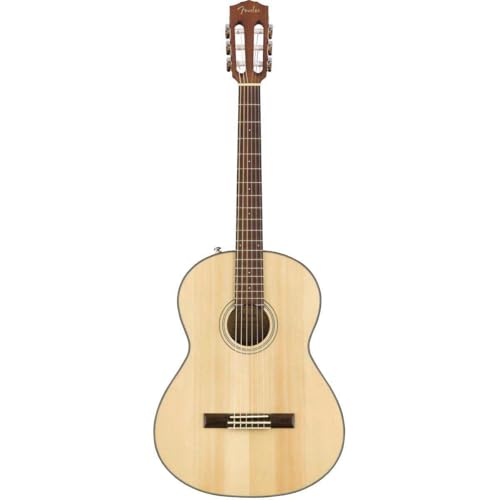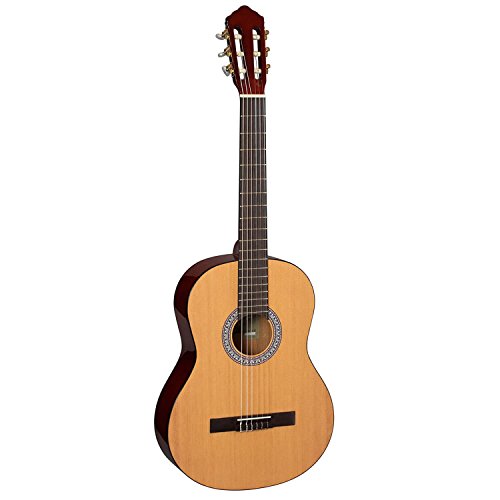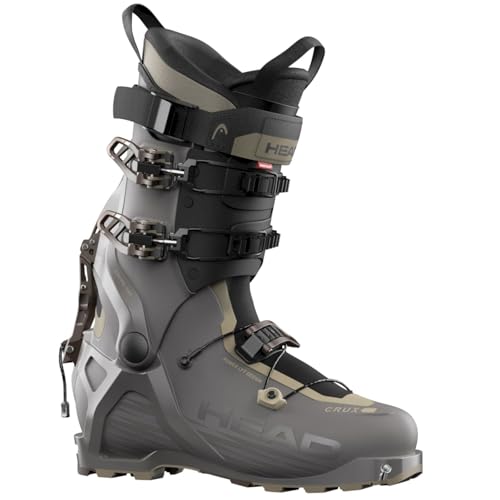Understanding the Basics of Classical Guitars: What Makes Them Unique
What is a Classical Guitar?
A classical guitar is a type of acoustic guitar that is distinguished by its wide neck and nylon strings, which offer a softer sound compared to the steel strings found on many other guitars. If you’re imagining a warm, rich tone that resonates beautifully, that’s the essence of a classical guitar. These instruments are commonly used in traditional, flamenco, and classic music genres.
Characteristics That Set Classical Guitars Apart
The wider neck of a classical guitar means that the finger placement can feel different, allowing for more precise finger positioning, which is especially beneficial for classical music pieces that require intricate finger work. Additionally, the body of a classical guitar is typically made of solid wood, enhancing its resonance and tonal quality, which plays a significant role in its sound. This construction gives it a unique aesthetic appeal, often featuring elegant designs.
Key Features to Look For When Buying a Classical Guitar
Body Shape and Size Considerations
When selecting a classical guitar, consider its body shape and size. Standard classical guitars come in various sizes, from full-sized to smaller models that suit different players’ physical needs. If you’re a beginner, a smaller size may be easier to handle and play, while experienced players often prefer the full-sized models for their richer sound.
Material Matters: Why it Affects Sound
The materials used for the top, back, and sides of the guitar significantly influence its tone. Common woods like cedar and spruce for the top contribute to different sound qualities; cedar provides a warmer tone, while spruce offers clarity and brightness. Pay attention to the wood used, as it determines not only the sound but also the instrument’s longevity.
String Type: Choosing Nylon Over Steel
One of the most important features of classical guitars is their nylon strings. Unlike steel strings which can be tough on the fingers, nylon strings are easier and more comfortable for beginners, allowing for longer playing sessions without discomfort. Additionally, different types of nylon strings are available that can further modify the tonal quality of your guitar, so consider trying a couple of types once you have your guitar.
Top Brands We Recommend for Quality and Value
Popular Choices Among Beginners and Experts Alike
There are various brands in the market that cater to different budgets and preferences. For beginners, brands like Yamaha and Cordoba offer great value with quality instruments that are easy to play and reasonably priced. For those looking to invest more, Alhambra and Ramirez provide expertly crafted guitars that professional musicians swear by. Each of these brands has a solid reputation for delivering consistent quality and sound.
Custom Options for the Discerning Player
As we gain experience, some players might seek custom instruments tailored to their personal preferences. Brands like Banat and Orque can offer tailor-made options where you can choose your body shape, wood types, and finish, resulting in a one-of-a-kind instrument that truly feels like yours.
Choosing the Right Accessories to Enhance Your Playing Experience
Essential Accessories to Consider
When you purchase a classical guitar, certain accessories will enhance your playing experience. A good-quality case is essential to protect your instrument from damage, particularly if you plan to transport it frequently. Additionally, a comfortable guitar strap can help support your posture while playing standing up. Other items such as a tuner, capo, and picks specifically designed for nylon strings will significantly help in achieving your desired sound and ease of playing.
Setting Up Your Guitar for Optimal Performance
Consider also investing in a proper setup for your guitar. This can involve adjusting the action and neck relief to your preferences. When your guitar is set up well, it makes a world of difference in playability and sound quality. Don’t hesitate to consult with a knowledgeable technician when acquiring your new guitar.
Tips for Maintaining Your Classical Guitar for Longevity
Understanding the Importance of Care
Maintaining your classical guitar is crucial for ensuring it continues to sound great and lasts for years. Regular cleaning is essential; wipe down the strings and body after every session to prevent grime buildup, and consider using specific guitar cleaning products to polish the wood without damaging it.
Proper Storage Practices
Store your guitar in a stable environment, away from extreme humidity or temperature changes that can warp the wood. A dedicated case or stand is the best option, but if you have to leave it out, ensure it’s in a place where it’s less likely to fall or be knocked over. Regularly checking the tuning is also important; an out-of-tune guitar can lead to unnecessary stress on the neck and strings.



















